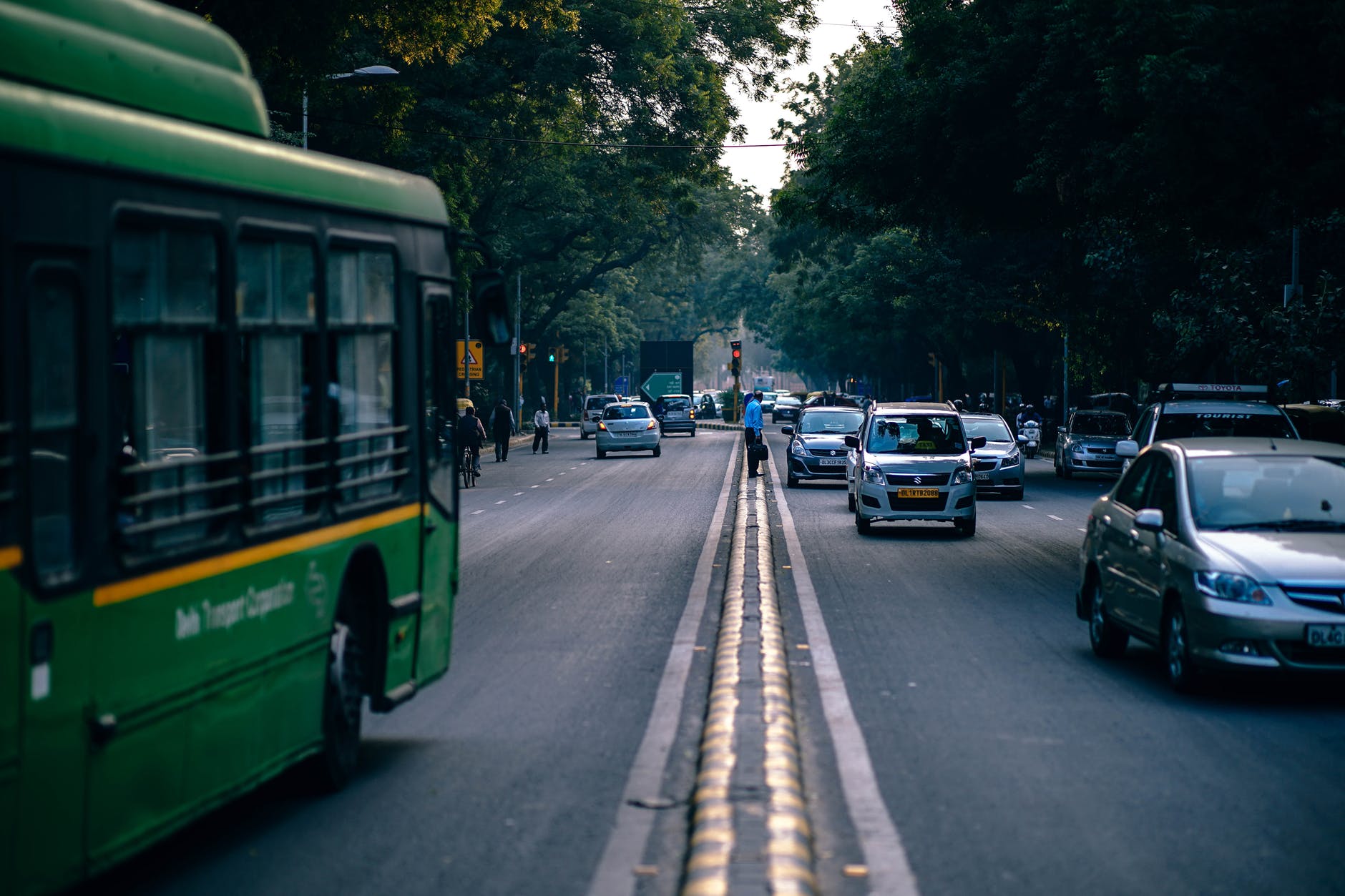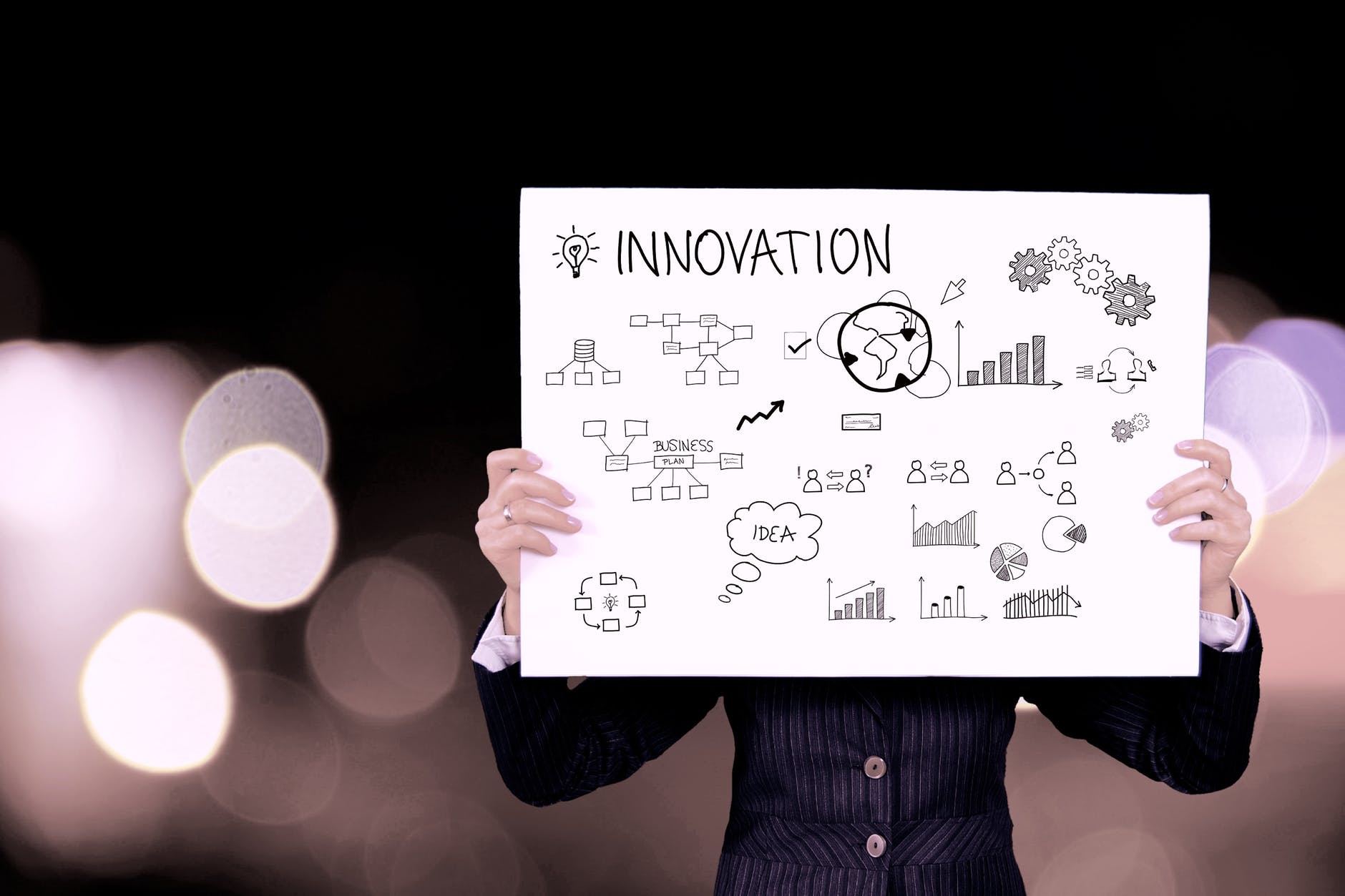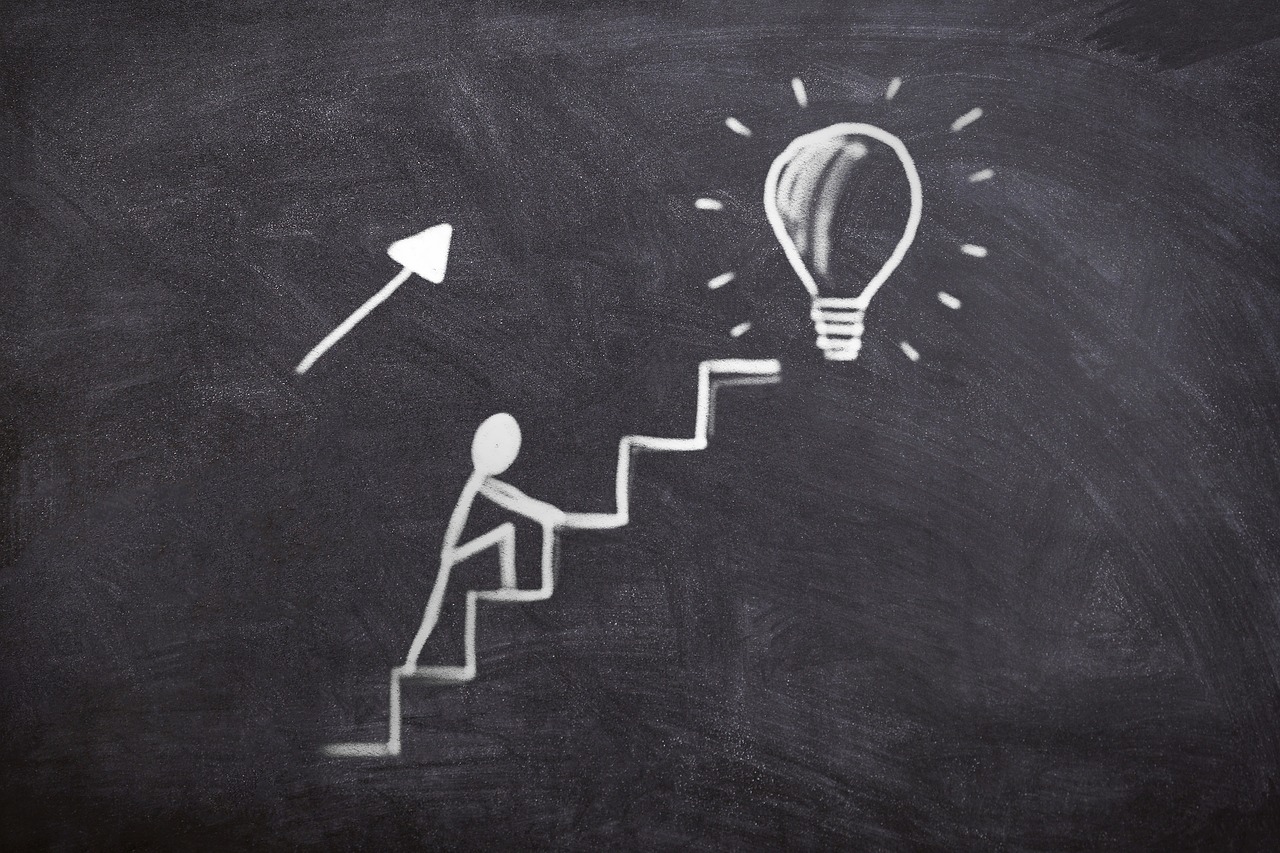No ‘Half-Baked Solutions’: An Expert’s Advice to Ensure Your Innovations Matter!
With the focus areas drawn up sharply in the ATL Tinkering Innovation Marathon, one can hope that we are creating thought leaders and tinkerers who will go to any extent to uncover and discover the ethical dilemmas they would like to solve in the sector of their liking.

We have always been playing catch-up with the new technologies of the world. We Indians are still trying to force fit products from the western world into that contextually different ‘world in a world’ known as India.
It has worked out ‘ok’ so far.
This ‘aim for ok’ philosophy comes from our ‘jugaad’ attitude, which can only work in specific contexts and is not scalable when it comes to developing products, let alone providing world-class solutions.
Let us take the example of the transportation sector, especially the most important one – roadways.

Picture for representation only. Source: Pexels
Roads are a public infrastructure project that comes from the taxpayers’ kitty. They have many facets – inclinations, fly-overs, underpasses, by lanes, signages, service lanes, signals, footpaths, medians, roundabouts, pedestrian crossings, lay-byes, ramps, etc.
How would you rate India in implementing these ‘technologies’ effectively? I am sure if the scale of the rating were one to ten, we would be at a five or lower.
Wouldn’t you agree?
So case in point, even with access to all the individual products, our solution for road transport is still half-baked.
This is precisely the challenge we currently face in the innovation industry. Products created by individual creators/makers are assumed to be the end solution to problems more significant than what the product could possibly solve.
Even the most prominent players (e.g., MNCs, Govts, World Organisations) are not large enough to solve these systemic level problems. At the same time, their solutions require many small products – like pieces of the puzzle. This means even the smallest of players – like individual innovators, tinkering labs, small enterprises and startups – cannot be overlooked.
We need all hands on deck to create a better world to live.
Having said that, what we need to consider now is what sort of solutions we are creating?

Source: Pexels
The UN Sustainable Development Goals (SDGs) are the best example of large systematic problems as we move into the 2020s. Now, I am sure we all want self-driving cars and life simplifying robots, but what about the SDGs and the planet? At what cost?
I call these questions the ‘dharma sankat’ questions. In plain English, they are known as ‘ethical dilemmas.’
To help you understand ethical dilemmas, let us examine self-driving cars – keeping in mind all the issues we mentioned about roadways above.
Summarising the ethical dilemma with self-driving cars Patrik Lin says:
Self-driving cars are already cruising the streets today. And while these cars will ultimately be safer and cleaner than their manual counterparts, they can’t completely avoid accidents altogether. How should the car be programmed if it encounters an unavoidable accident?
Let’s say at some point in the not so distant future, you’re barreling down the highway in your self-driving car, and you find yourself boxed in on all sides by other cars. Suddenly, a large, heavy object falls off the truck in front of you. Your car can’t stop in time to avoid the collision, so it needs to make a decision: go straight and hit the object, swerve left into an SUV, or swerve right into a motorcycle. Should it prioritize your safety by hitting the motorcycle, minimize danger to others by not swerving, even if it means hitting the large object and sacrificing your life, or take the middle ground by hitting the SUV, which has a high passenger safety rating? So what should the self-driving car do?
Our new technologies are opening up many other novel ethical dilemmas. For instance, if you had to choose between a car that would always save as many lives as possible in an accident or one that would save you at any cost, which would you buy? What happens if the cars start analyzing and factoring in the passengers of the cars and the particulars of their lives? Could it be the case that a random decision is still better than a predetermined one designed to minimize harm? And who should be making all of these decisions anyhow? Programmers? Companies? Governments?
Such ethical dilemmas, stemming from thought experiments, will ultimately result in better transportation solutions – by deploying products like self-driving cars on roads, along with other things.
Thought experiments like these reveal many ethical dilemmas.
Solving the dilemmas ultimately make the final solution much stronger, since it helps develop a strong talent pool that creates valuable products that aid the solution.

Source: Pexels
The effective problem-solving methods that emerge from this system also proves that maintaining multiple levels of research are crucial to making solutions. And such research must continuously happen even before one discovers ethical dilemmas that are worth solving.
Hence the narrow point-of-view that a product or a prototype should immediately solve some problem must be given up.
Instead, we must use ‘systemic level thinking’, using tools like Design Thinking, User Centric Design, Human Centric Design, Planet Centric Design, etc. These must be used to get towards those ethical dilemmas to then discover or create holistic solutions.
This is necessary if we are to sustain the ‘age of creation’ and ‘age of imagination’.
I am a jury member of the ATL Tinkering Innovation Marathon launched by Atal Innovation Mission, NITI Aayog and The Better India. With the focus areas drawn up sharply in the ATL Tinkering Innovation Marathon, one can hope that we are creating thought leaders and tinkerers who will go to any extent to uncover and discover the ethical dilemmas they would like to solve in the sector of their liking.

Source: Pixabay
Finally, as creatures with immense creative capabilities and an innate mooring to solve problems, we often find ourselves trying the ‘Jugaad’ – which are great for short-term needs. But it stops there.
But there is always the extra mile one has to go to really solve a problem. Hence it’s always advised to find a problem worth solving!
Happy problem solving to all creators and innovators out there! Know more about the ATL Tinkering Innovation Marathon here.

(Edited by Vinayak Hegde)
Featured image for representation only. Source: Pexels
Like this story? Or have something to share? Write to us: [email protected], or connect with us on Facebook and Twitter.
If you found our stories insightful, informative, or even just enjoyable, we invite you to consider making a voluntary payment to support the work we do at The Better India. Your contribution helps us continue producing quality content that educates, inspires, and drives positive change.
Choose one of the payment options below for your contribution-
By paying for the stories you value, you directly contribute to sustaining our efforts focused on making a difference in the world. Together, let's ensure that impactful stories continue to be told and shared, enriching lives and communities alike.
Thank you for your support. Here are some frequently asked questions you might find helpful to know why you are contributing?


This story made me
-
97
-
121
-
89
-
167














